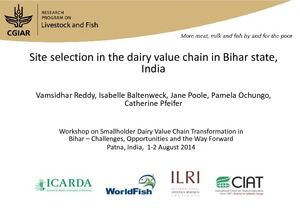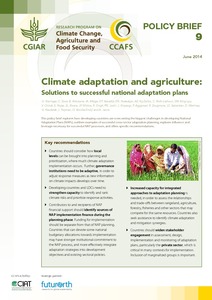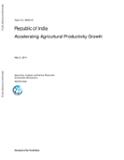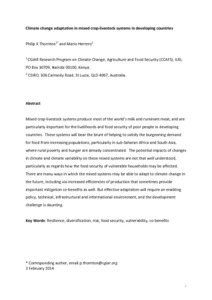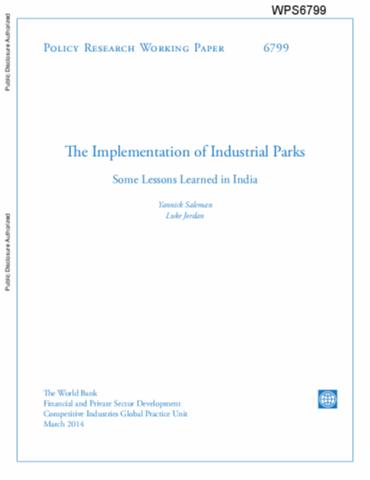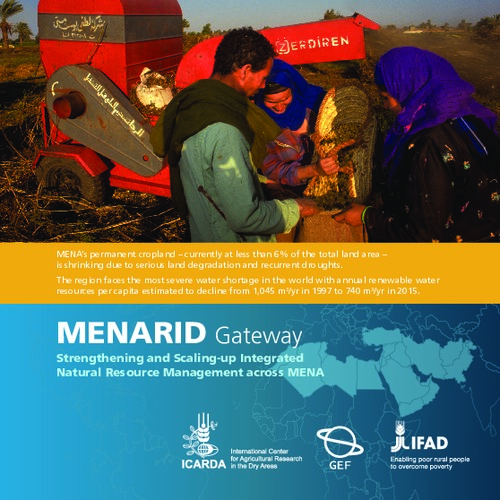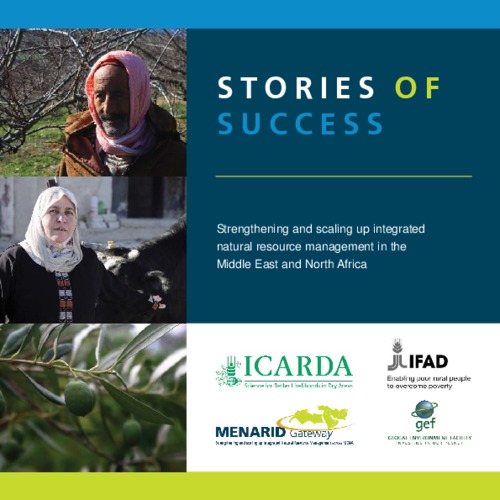The purpose of this brief is to share insights on agriculture and NAPs with national-level decision makers in developing countries and Least Developed Countries (LDCs), multilateral agencies, UNFCCC negotiators and donors. This brief explores how countries are overcoming the biggest challenges…
Various authors have identified the potential relevance of innovation system approaches for inclusive innovation, that is, the means by which new goods and services are developed for and by the poor. However, it is still a question how best to operationalize this. Innovation platforms (IPs)…
This report highlights the discussion,
processes, lessons learned in examining innovative options
for participation by all stakeholders in seeking new social
and economic contracts between civil society and urban
governments…
In the past 50 years, Indian agriculture has undergone a major transformation, from dependence on food aid to becoming a consistent net food exporter. The gradual reforms in the agricultural sector (following the broader macro-reforms of the early 1990s) spurred some unprecedented innovations…
In the past 50 years, Indian agriculture has undergone a major transformation, from dependence on food aid to becoming a consistent net food exporter. The gradual reforms in the agricultural sector (following the broader macro-reforms of the early 1990s) spurred some unprecedented innovations…
Mixed crop?livestock systems produce most of the world’s milk and ruminant meat, and are
particularly important for the livelihoods and food security of poor people in developing
countries. These systems will bear the brunt of helping to satisfy the burgeoning demand
for food…
Industrial parks are as popular as they are controversial, in India and globally. At their best they align infrastructure provision and agglomeration economies to jolt industrial growth. More often, they generate negative spill-overs, provide handouts, sit empty, or simply do not get built. This…
Industrial parks are as popular as they are controversial, in India and globally. At their best they align infrastructure provision and agglomeration economies to jolt industrial growth. More often, they generate negative spill-overs, provide handouts, sit empty, or simply do not get built. This…
The Menarid Knowledge Management initiative offers three services that will improve the effectiveness and wider use of IFAD projects – and potentially other rural development initiatives active in sustainable land and water management.
MENA’s permanent cropland – currently at less than 6% of the total land area – is shrinking due to serious land degradation and recurrent droughts. The region faces the most severe water shortage in the world with annual renewable water resources per capita estimated to decline from 1,045 m3/yr…
This document is a synthesis of outcomes from a knowledge process that was a collaborative effort involving researchers, scientists, and technicians from Iran, Jordan, Morocco, Tunisia, and Yemen.

